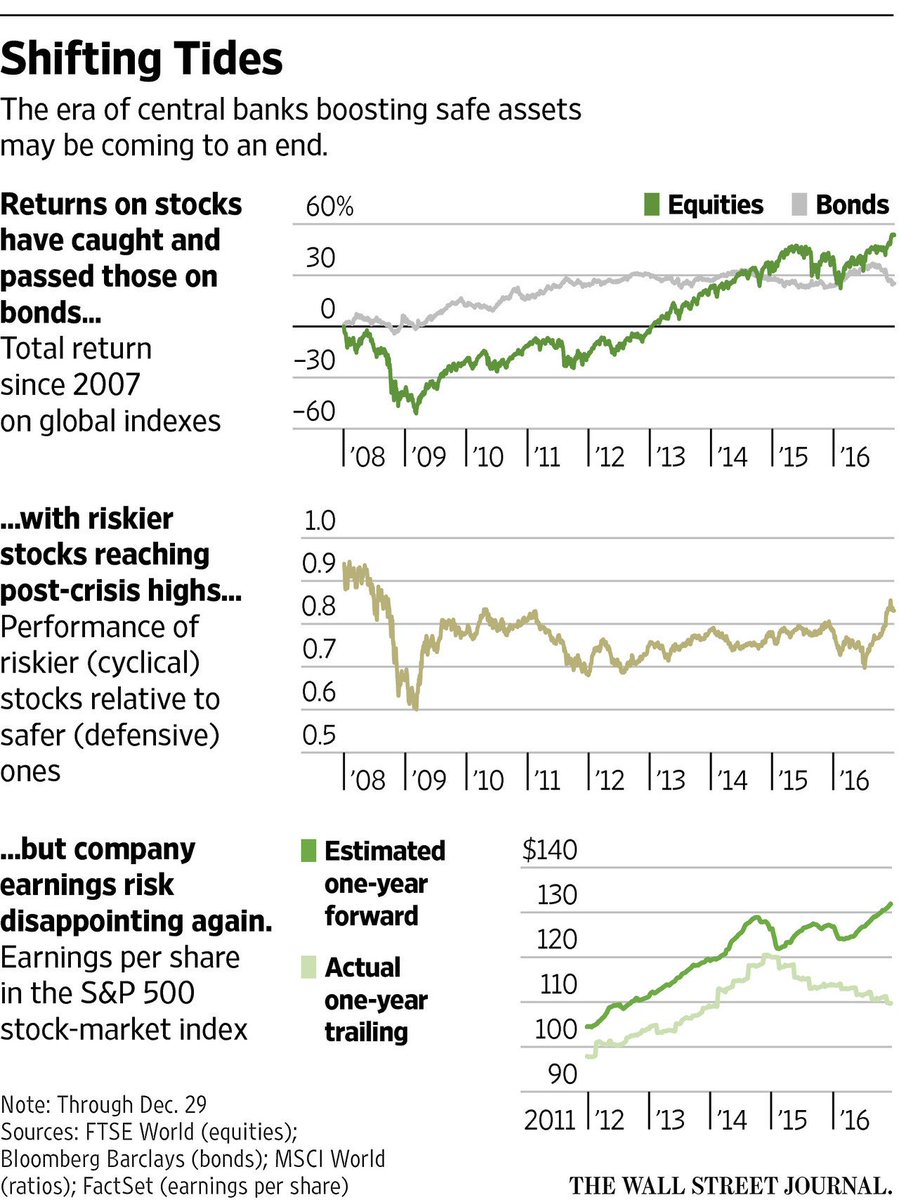George Soros calls Trump a 'would-be dictator' who 'is going to fail'
CNBC.com
George Soros thinks President-elect Donald Trump will fail — and that will be just fine with the billionaire investor and supporter of progressive causes.
"I personally am convinced that he is going to fail," Soros told Bloomberg during an interview at the World Economic Forum in Davos, Switzerland. Failure will come "not because of people like me who would like him to fail, but because his ideas that guide him are inherently self-contradictory and the contradictions are already embodied by his advisors."
Soros spoke less than 24 hours before Trump, himself a billionaire businessman and political agitator, takes the oath of office as the 45th president. Trump's Cabinet picks have been undergoing a sometimes-grueling round of confirmation hearings on Capitol Hill, though it's not clear if any will be rejected.
]
During the 2016 campaign, Soros donated close to $20 million to various causes, including more than $10.5 million to Trump's opponent, Democrat Hillary Clinton, according to the Center for Responsive Politics.
He has been unrelenting in his criticism of Trump, and unloaded on him again during the Davos interview.
"I personally am convinced that he is going to fail," Soros told Bloomberg during an interview at the World Economic Forum in Davos, Switzerland. Failure will come "not because of people like me who would like him to fail, but because his ideas that guide him are inherently self-contradictory and the contradictions are already embodied by his advisors."
Soros spoke less than 24 hours before Trump, himself a billionaire businessman and political agitator, takes the oath of office as the 45th president. Trump's Cabinet picks have been undergoing a sometimes-grueling round of confirmation hearings on Capitol Hill, though it's not clear if any will be rejected.
]
During the 2016 campaign, Soros donated close to $20 million to various causes, including more than $10.5 million to Trump's opponent, Democrat Hillary Clinton, according to the Center for Responsive Politics.
He has been unrelenting in his criticism of Trump, and unloaded on him again during the Davos interview.
"It is impossible to predict exactly how Trump is going to act, because he hasn't actually thought it through."
"I have described him as an impostor and a
con man and a would-be dictator," Soros said. "But he's only a would-be
dictator because I'm confident that the Constitution and the
institutions of the United States are strong enough. ... He would be a
dictator if he could get away with it, but he won't be able to."
Trump's unexpected win in November hurt Soros beyond politics and ideology — he is believed to have lost more than $1 billion in trades he made that would have benefited if the market went down. Instead, a monthlong rally after the election cost Soros big.
However, he said Thursday he still believes the market is headed lower.
"Uncertainty is the enemy of long-term investment," Soros said. "I don't think the markets are going to do very well. Right now they are still celebrating. But when reality comes in," his bets against the market "will prevail."
Soros said Trump will act as a divisive figure because "anyone who disagrees with him is not really part of the people."
"It is impossible to predict exactly how Trump is going to act, because he hasn't actually thought it through," Soros said. "He didn't expect to win. He was surprised. He was engaged in building his brand and improving it by his success in attracting crowds. It was really only when he got elected that he started to seriously think whatever he is going to do."
Correction: Trump's Cabinet picks have not been confirmed yet. An earlier version mischaracterized their status.
Trump's unexpected win in November hurt Soros beyond politics and ideology — he is believed to have lost more than $1 billion in trades he made that would have benefited if the market went down. Instead, a monthlong rally after the election cost Soros big.
However, he said Thursday he still believes the market is headed lower.
"Uncertainty is the enemy of long-term investment," Soros said. "I don't think the markets are going to do very well. Right now they are still celebrating. But when reality comes in," his bets against the market "will prevail."
Soros said Trump will act as a divisive figure because "anyone who disagrees with him is not really part of the people."
"It is impossible to predict exactly how Trump is going to act, because he hasn't actually thought it through," Soros said. "He didn't expect to win. He was surprised. He was engaged in building his brand and improving it by his success in attracting crowds. It was really only when he got elected that he started to seriously think whatever he is going to do."
Correction: Trump's Cabinet picks have not been confirmed yet. An earlier version mischaracterized their status.
Jeff CoxFinance Editor










